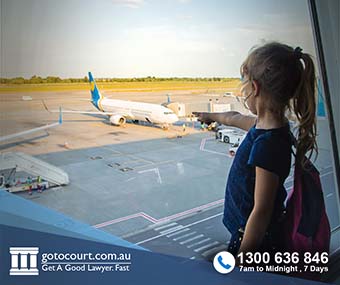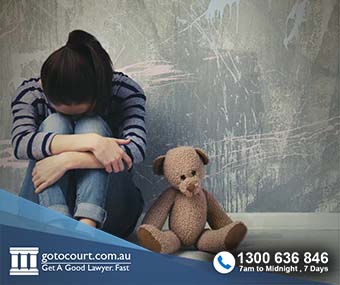What is ‘Equal Shared Parental Responsibility’ in Australia?
In 2023, the federal parliament passed the Family Law Amendment Act. This made significant changes to the Australian family law system, one of which was abolishing the presumption of equal shared parental responsibility. The changes come into effect on 6 May 2024. This page explains what parental responsibility is, how it was dealt with prior to the changes, and how it will be dealt with after May 2024.
What is ‘parental responsibility’?
Anyone who is the parent of a child under 18 in Australia is said to have ‘parental responsibility’ for that child. This is the case regardless of whether the child is their biological child or an adopted child.
Parental responsibility refers to all the legal duties, powers, responsibilities, and authority a parent has in relation to a child. A person with parental responsibility for a child is responsible for making decisions about major long-term issues relating to the child including their education, religious instruction, what major medical interventions they receive, and whether they travel overseas.
The responsibility remains regardless of any change in the relationship between the child’s parents, such as marriage, re-marriage, separation, or divorce. However, a court order can change who has parental responsibility for a child.
What is not parental responsibility?
Parental responsibility does not include responsibility for the day-to-day care of a child or minor everyday decisions about the child. These matters are dealt with separately in parenting proceedings and are known as ‘live with’ terms.
Under a parenting order, one person may have parental responsibility for a child, but the child may be ordered to live with another person. In that scenario, the person with parental responsibility will decisions like which school the child goes to and what religion they follow. However, decisions about what the child eats for lunch and how they spend their weekends will be made by the person they are living with.
Equal shared parental responsibility before 2024
Up until May 2024, there will be a presumption under Australian family law that the parents of a child have ‘equal shared parental responsibility’. On 6 May 2024, that presumption will be abolished.
The presumption of equal shared parental responsibility was designed to encourage co-operative parenting by giving parents an equal say in the long-term decisions involving the child. It did not apply in cases where there had been family violence, child abuse or neglect by a parent.
Equal shared parental responsibility after 2024
After the presumption ceases to exist, courts will still be able to make orders for equal shared parental responsibility when this is assessed as being in the best interests of the child. The matters that must be considered when determining what is in the best interests of a child are set out in section 60CC of the Family Law Act 1975. They include the arrangements that would best promote the safety of the child, the views of the child and the developmental, psychological, emotional and cultural needs of the child.
Parents who have equal shared parental responsibility for a child must make a genuine effort to consult the other parent and come to a joint decision about major issues concerning the child. For example, if a parent wants to change the school that the child attends, they must do so in consultation with the other parent.
Sole parental responsibility
Under the 2024 changes, courts will be able to make an order for one person to have sole parental responsibility where this is in the best interests of the child. When this order is made, the person with parental responsibility may make major long-term decisions about the child without consulting with anyone else.
When an order is made for one parent to have sole parental responsibility, the court may still order that:
- the child live with the other parent; or
- the child live part of the time with the other parent; or
- the child spend time with the other parent
The orders that the court makes will be based on what has been assessed as being in the child’s best interests.
‘Live with’ and ‘spend time with’ orders
As well as deciding who should have parental responsibility, the court must also decide who the child should live with and who the child should spend time with. This is a separate issue from the issue of parental responsibility.
The court has wide discretion to make orders that are in the best interests of the child. The orders that are commonly made in parenting matters include:
- that the child live for half of the time with each parent
- that the child live with one parent and spend alternate weekends with the other parent
- that the child live with one parent, but spend time (supervised or unsupervised) with the other parent
In determining how much time is spent with each parent, the court will consider factors such as where each parent lives, where the child attends school, how well the parents communicate and whether the parents fulfil their obligations towards the child. The court will then make a parenting order with which the parents must comply.
A breach of a court order can have serious consequences.
If you require legal advice or representation in any legal matter, please contact Go To Court Lawyers.







